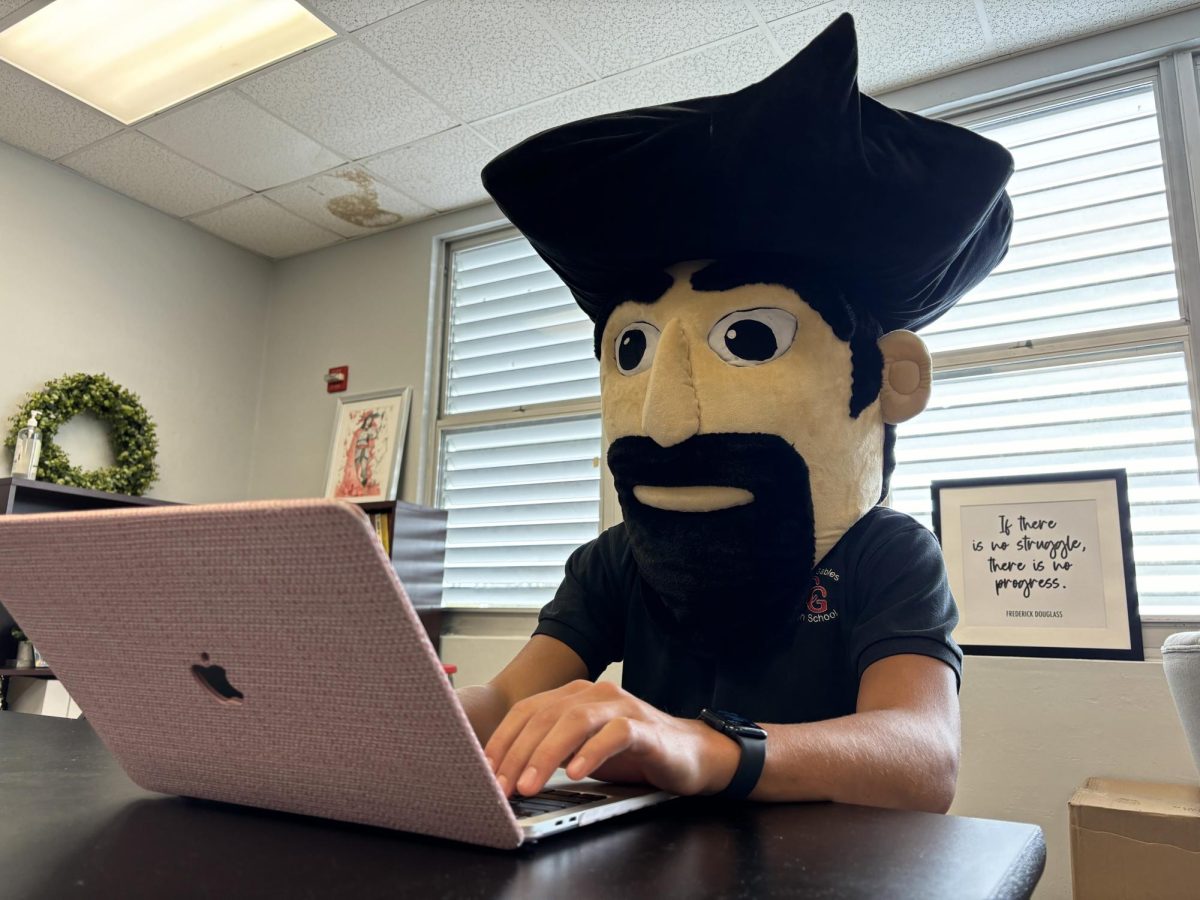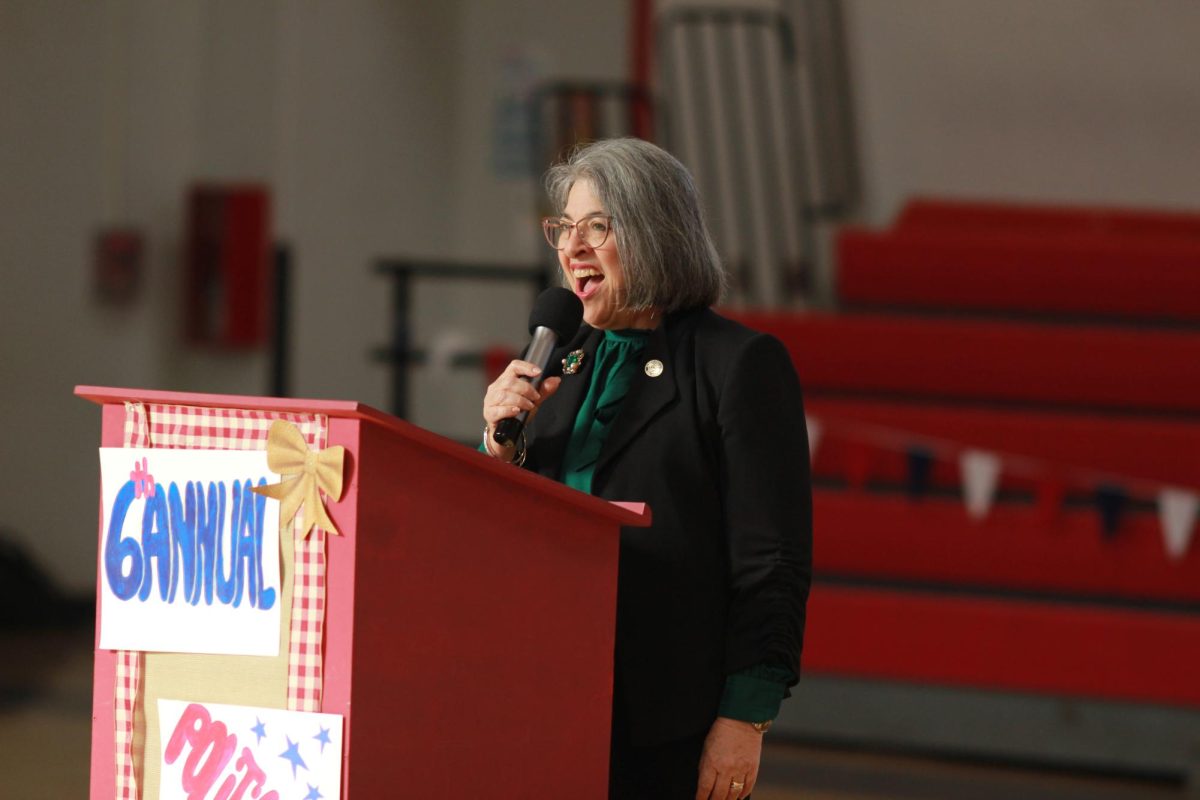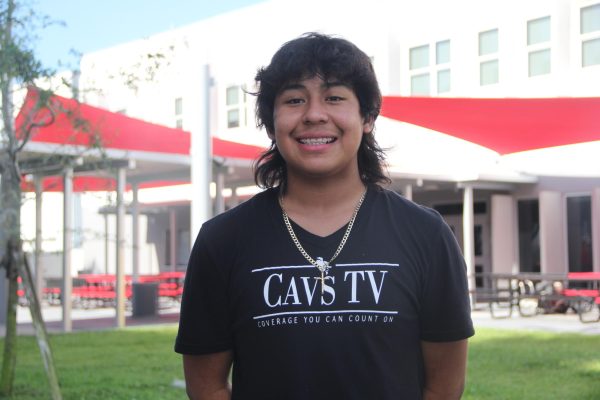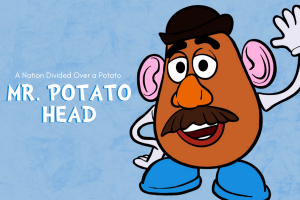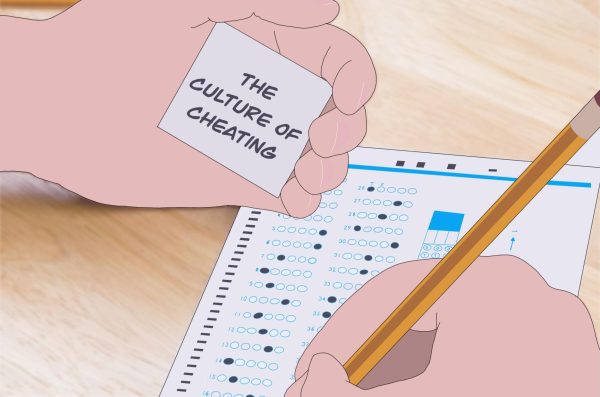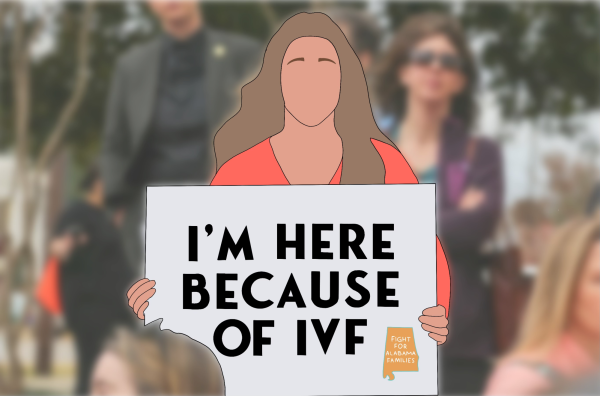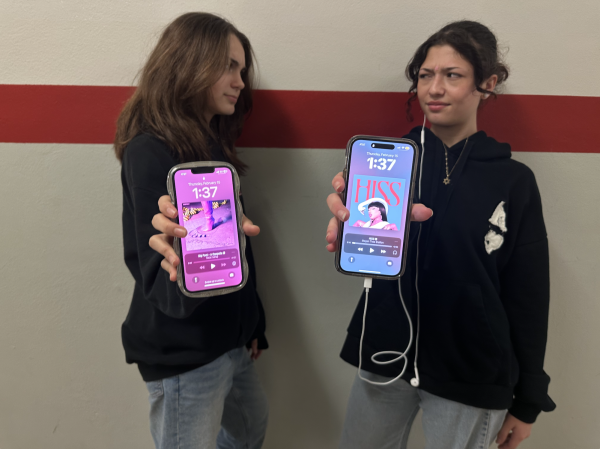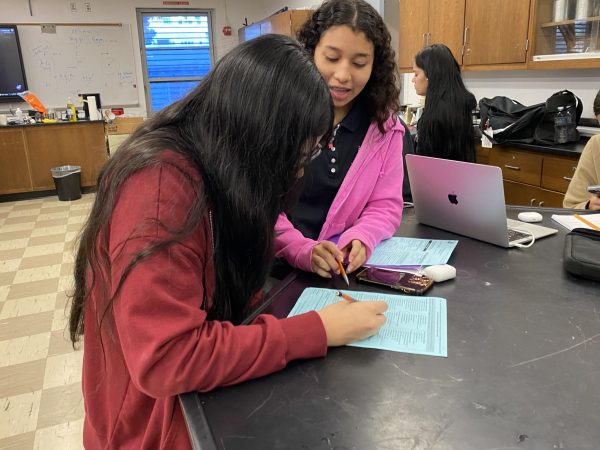Is turning 18 all it’s cracked up to be?
Jessie Wang and friends celebrate her birthday, an event that some people consider a milestone and others a normal day.
Oct 20, 2014
We all have our own rites of passage, or ways of knowing that we’re growing up. Maybe you’re allowed to drive the car to school on your own for the first time since you got your driver’s license or just attended your first high school party. Maybe you’ve literally just aged another year. While these rites of passage are individual and personalized to each person, there is one that’s considered almost universal— the birthday. In the past, birthdays have been milestones; rites of passage in an individual’s development. The eighteenth birthday stood as one of the more important birthdays because it was the social and legal step into adulthood. However, as time has passed, the importance of birthdays has diminished significantly, becoming less of a rite of passage and more of a normal day.
According to state and federal law, turning eighteen makes you a legal adult. In the court system, you will be tried as an adult; the leniency is revoked. You’re also now eligible to vote in any United States election, check into a hotel on your own or go to a club (except if they have a 21+ policy—sorry guys!).
But has turning eighteen become more symbolic than genuinely meaningful to students? While they can vote, visit a hotel and be tried in court more severely, in most cases students still have to depend on their parents for (at least) the rest of their senior year. They are still considered dependent on their parents under the law, unless emancipated. So unfortunately, any newfound adult autonomy doesn’t necessarily apply to parental figures. Because of this, students are not so concerned about the transition into adulthood.
“It’s just another year for me. I’m depending on my parents to help get me through college for the next few years, so I can’t really consider myself an adult until I get my degree,” senior Susana Rudin said.
Admittedly, the new rights afforded to you could be cool. Some people are actually pretty excited to receive some of the opportunities adulthood presents. While people remain unconcerned about their newfound rights and responsibilities, others are more genuinely interested in approaching life as an adult one step at a time.
“I was already registered to vote before I turned eighteen, and now I just have to get my card,” senior Jonathan Torres said.
However, those people remain a minority as time goes by. Becoming an adult has become more of an excuse to party than the first step to embracing the responsibilities that your parents had to undertake as well. It’s a daunting prospect for some, and another reason why kids could be afraid to try and take the reins.
“I’ve seen my parents worry about taxes, doctor appointments, bills and politics. It’s kind of scary, realizing the world is a bit more than just that safe little bubble you made for yourself,” senior Jessie Wang said.
While aging another year may seem like a big deal when you’re hitting your eighteenth year on Earth, if you aren’t that interested in politics or getting arrested and tried in court, being eighteen might just feel the same as being seventeen, and being an adult might just feel the same as being a teenager—well, until you have to start paying taxes, at least. But that’s not until you’re 24.



